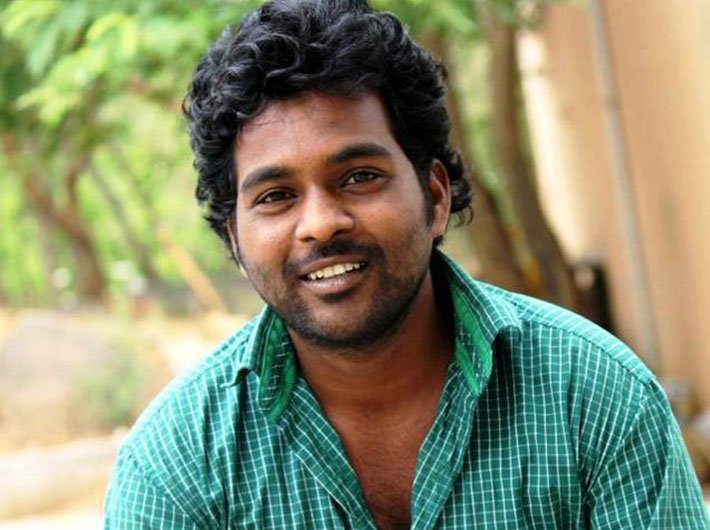No wonder, India has to set its basics right before thinking of becoming a superpower.
Rohith Chakarvarthi Vemula’s suicide inside a central university campus in Hyderabad is a reminder to all Indians that some fundamentals of our nationhood are not quite right. This 27-year-old aspiring scientist was driven to death by a tenet called inequality – the existence and practice of which makes humans think of themselves as superior or inferior; as powerful or discriminated against, depending on the slot in which the accident of birth has placed one.
This is how the so-called caste system should be deciphered. Let’s not get swayed by the pep talk of politicians, who, as always, are playing a partisan game and seeing, in this tragedy, an opportunity to woo voters. They are only deepening the divide. However, a rational person would look at Vemula’s death differently; look at what would make a young wannabe Carl Sagan end his life after reaching a place which remains a dream start for many others.
There are two facets of the Indian system that need to be discussed in the light of Vemula’s death – justice and education.
Vemula came from an upwardly mobile dalit (read inferior) family; his mother stitched clothes and his father guarded buildings and offices of the modern India to make a living. Vemula had cracked a tough exam to get the junior research fellowship (JRF) and Rs 25,000 stipend in a central university. Why would he cut short his own dream?
Think of the life of a person born ‘inferior’. He is scornfully called a dalit and is also known by a neutral official name of scheduled caste person. Vemula and his family must have lived with the scorn of the ‘superiors’, and yet not given up their struggle or hope of making it big. However, as the system remained unfriendly and the society hostile, probably for Vemula there was a limit to human endurance; he could not put up with the lack of empathy all around.
Also, Vemula probably could no longer live with pretensions of a society which calls itself egalitarian. He was defeated by the same system which had helped him rise so far.
How we wish Vemula knew that India has a bold law in place to deter anyone daring to violate his human rights or dignity. Indeed, the Scheduled Castes and Tribes (Prevention of Atrocities) Act, 1989, is a harsh law. Those booked under it have no claim to a bail and those convicted face long prison terms. What Vemula must have known was that very few people have been convicted under this law. This is because those involved in delivering justice either do not believe in the concept of equality or have no will to change the convenient social equations on the ground.
The harsh law was meant to deter those practising untouchability or discrimination on the basis of caste, now lies in tatters. Good laws not implemented cannot change the situation.
The University of Hyderabad is another player in this game of death. Why will a JRF fellow not get his stipend on time? After all, the money is meant for helping a junior scientist pay his bills so that he can get on with his work in the laboratory. Excuses for delayed grants are a standard operating practice of the Indian officialdom. This is certainly no way for a reputed university to nurture scientists. It cannot leave a junior scientist worried about making ends meet when India aspires to raise an army of scientists to emerge as a super power.
At the university, Vemula and others continued to face discrimination – which, at times, was cloaked in the form of a political organisation – from the peers and others till they felt isolated. Do Indian universities have a regime to forge equality among students in place? Do the great minds of the university faculty have any rapport with students to counsel them on issues that can leave them agitated and feeling helpless? With such deformities, no wonder none of the Indian universities (barring the heavily funded IITs) have so far figured in the top global listings while many from smaller nations have.
Vemula’s death has lessons for us and for India: Top minds are not created in thin air; they can only grow out of a fertile ground and congenial environs – right from the mohalla in which one is raised to the top universities. No wonder, India has to set its basics right before thinking of becoming a superpower.

